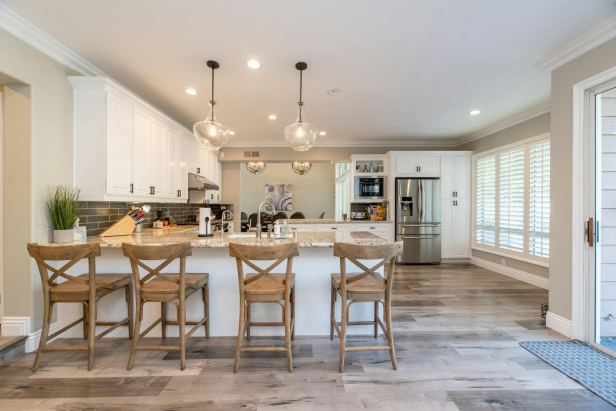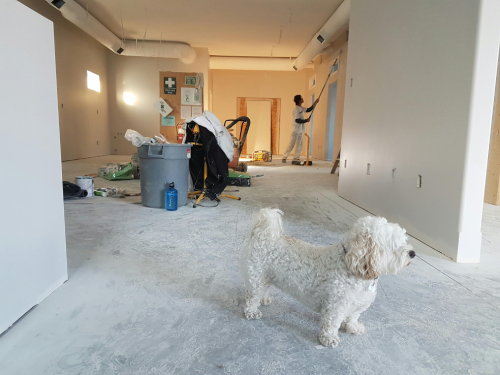Home renovation can be an exciting yet daunting task. Whether you’re revamping a single room or transforming your entire home, a well-planned approach can make the process smoother and more rewarding. Here are ten essential tips to help ensure your home renovation is a success.

1. Set a Realistic Budget
Before you start tearing down walls or purchasing new fixtures, establish a clear budget. Take into account the cost of materials, labour, permits, and a contingency fund for unexpected expenses. Researching costs thoroughly and getting quotes from multiple contractors can help you develop a realistic budget and avoid financial stress down the line. Additionally, setting aside a small percentage of your budget for unexpected discoveries during the renovation process can save you from surprises. Being financially prepared will allow you to make informed decisions and keep the project on track.
2. Plan Thoroughly
A comprehensive plan is the foundation of any successful renovation. Outline your goals, create a detailed project timeline, and decide on the scope of the work. Consider hiring a professional designer or architect to help with the planning phase, especially for complex projects. Having a clear plan in place will keep your project on track and ensure that all aspects are considered.
3. Choose the Right Contractors
Selecting the right contractors is crucial to the success of your renovation. Look for experienced, licensed professionals with good references. Check their previous work and read reviews from past clients. A reliable contractor will communicate effectively, provide a detailed contract, and adhere to agreed timelines and budgets.
4. Obtain Necessary Permits
Many renovation projects require permits from local authorities. Failing to obtain the necessary permits can lead to legal issues and may even require you to undo completed work. Check with your local council to determine what permits are needed and ensure that all necessary paperwork is filed before starting any construction.

5. Prioritise Functionality and Design
While it’s important for your renovated space to look great, functionality should not be overlooked. Consider how the space will be used and design accordingly. For example, if you’re renovating a kitchen, think about the work triangle (the relationship between the sink, stove, and refrigerator) to ensure efficient workflow. Balance aesthetic appeal with practical functionality for a space that works well for your needs.
6. Invest in Quality Materials
Using high-quality materials can make a significant difference in the longevity and appearance of your renovation. For instance, opting for MDF boards cut to size can provide a durable and cost-effective solution for cabinetry and shelving. While it may be tempting to cut costs with cheaper materials, investing in quality will pay off in the long run through improved durability and performance.
7. Focus on Energy Efficiency
Energy-efficient upgrades can reduce your utility bills and increase the value of your home. Consider installing double-glazed windows, upgrading insulation, and using energy-efficient appliances. These improvements not only benefit the environment but also make your home more comfortable and cost-effective to run.
8. Expect the Unexpected
Even the most meticulously planned renovations can encounter unexpected challenges. Unforeseen issues such as hidden water damage or structural problems can arise, leading to delays and additional costs. Prepare for these eventualities by building a contingency fund into your budget and maintaining flexibility in your timeline.
9. Stay Involved
While it’s important to trust your contractors, staying involved in the renovation process ensures that your vision is being realised. Regularly check in on the progress, ask questions, and address any concerns promptly. Being proactive can prevent misunderstandings and ensure that the project stays on track.
10. Plan for the Future
When renovating, think beyond your immediate needs and consider the future. Will your renovation accommodate your family’s changing needs? Are you incorporating features that enhance the long-term value of your home? Making forward-thinking decisions can help ensure that your renovation remains beneficial and relevant for years to come.
Final Thoughts
A successful home renovation requires careful planning, a realistic budget, and the right team of professionals. By prioritising functionality, investing in quality materials, and staying involved in the process, you can create a space that not only meets your current needs but also adds lasting value to your home. Remember to expect the unexpected and plan for the future to make the most of your renovation investment.
You may also enjoy reading about the common mistakes to avoid when organising your storage space.




